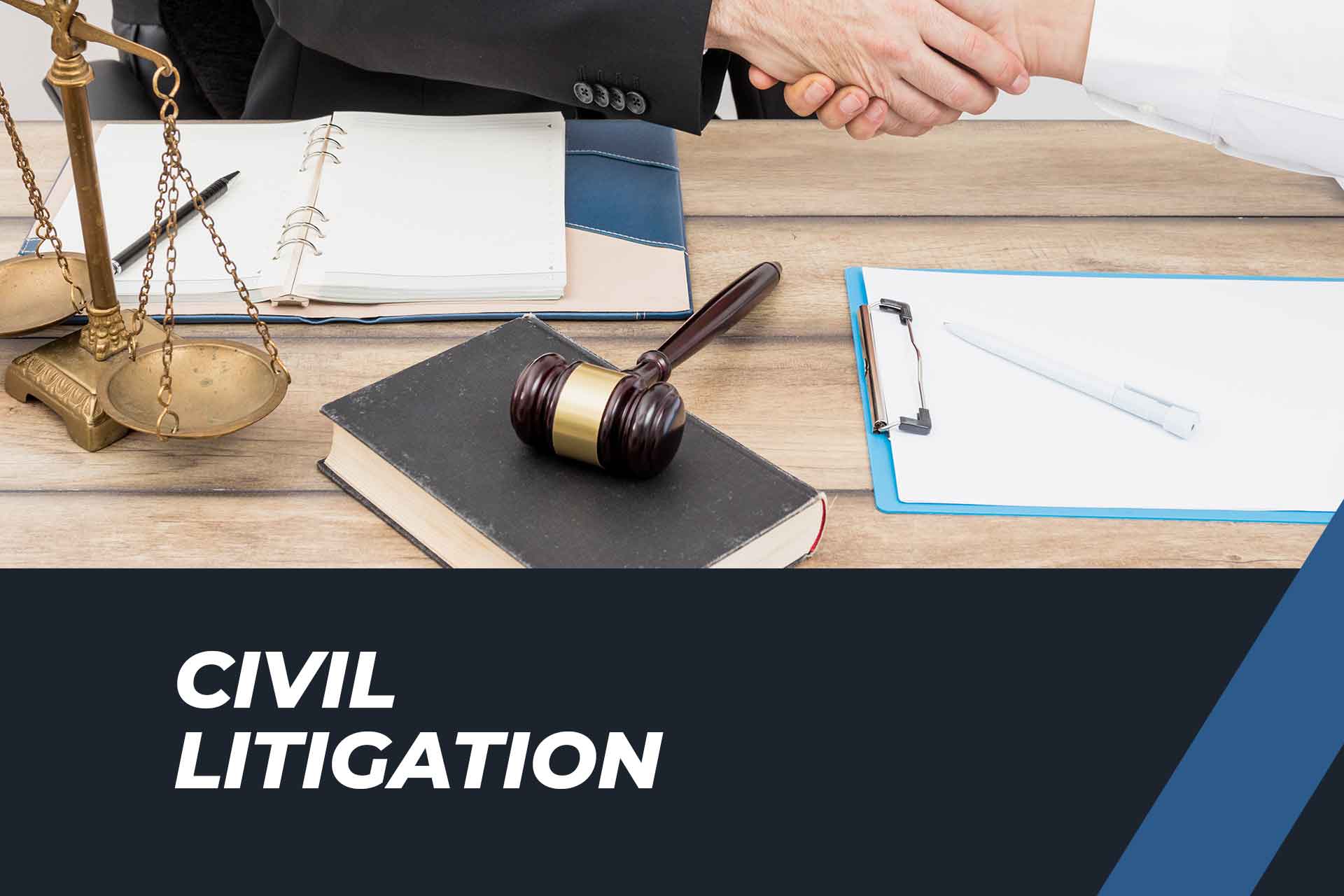When faced with a conflict or dispute, our initial instinct may be to head straight to court. However, litigation isn’t the only way to resolve disagreements. There are several alternative dispute resolution (ADR) methods that can be less costly, quicker, and more effective than traditional court proceedings.
By law, parties are often required to consider these alternatives before pursuing litigation. Here’s a look at some of these methods and how they can help you resolve conflicts without setting foot in a courtroom.
1. Negotiation: Direct Dialogue
Negotiation is often the first step in resolving a dispute. It involves direct communication between the parties involved to reach a mutually acceptable agreement. This process is informal and flexible, allowing the parties to discuss their issues openly and work towards a solution that benefits everyone.
Benefits of Negotiation:
- Cost-Effective: It typically incurs minimal costs compared to going to court.
- Control: Parties have direct control over the outcome, as they are involved in crafting the resolution.
- Speed: Negotiations can be scheduled and resolved relatively quickly, avoiding the lengthy process of a court trial.
How to Negotiate Effectively:
- Prepare Thoroughly: Understand your goals and what you are willing to compromise on.
- Communicate Clearly: Be open, honest, and respectful during discussions.
- Seek Win-Win Solutions: Aim for agreements that satisfy both parties’ needs.
2. Mediation: Guided Resolution
Mediation involves a neutral third party, known as a mediator, who facilitates discussions between the disputing parties. The mediator helps the parties communicate more effectively and explore possible solutions but does not make decisions for them.
Benefits of Mediation:
- Neutral Facilitation: A mediator guides the conversation without taking sides.
- Confidentiality: Mediation sessions are private, and the details are not disclosed outside the process.
- Voluntary: Participation in mediation is voluntary, and parties can withdraw if they feel it is not working.
How to Prepare for Mediation:
- Be Open-Minded: Be willing to consider alternative solutions.
- Focus on Interests: Discuss the underlying interests and concerns rather than just positions.
- Work Collaboratively: Collaborate with the mediator and the other party to find a resolution.
3. Arbitration: Binding Decision
Arbitration involves a neutral third party, called an arbitrator, who listens to the evidence and makes a binding decision on the dispute. This process is more formal than mediation but less so than a court trial.
Benefits of Arbitration:
- Expert Decision-Making: Arbitrators are often experts in the field relevant to the dispute.
- Quicker Resolution: The arbitration process is generally faster than court proceedings.
- Enforceability: Arbitral awards are legally binding and can be enforced in court if necessary.
How to Approach Arbitration:
- Select a Qualified Arbitrator: Choose an arbitrator with expertise relevant to your dispute.
- Understand the Rules: Familiarize yourself with the arbitration process and rules.
- Prepare Your Case: Present your evidence clearly and succinctly.
4. Conciliation: Facilitated Negotiation
Conciliation is similar to mediation but involves a conciliator who takes a more proactive role in proposing solutions and guiding the negotiation process. The conciliator helps clarify issues and suggest potential resolutions, but the final decision is still made by the parties.
Benefits of Conciliation:
- Proactive Guidance: The conciliator offers suggestions and helps refine the issues.
- Flexibility: The process can be tailored to the specific needs of the parties involved.
- Focus on Resolution: The goal is to find a practical solution that all parties can agree upon.
How to Use Conciliation Effectively:
- Engage Actively: Be open to the conciliator’s suggestions and actively participate in discussions.
- Clarify Issues: Clearly outline the issues and concerns for the conciliator.
- Negotiate Solutions: Work with the conciliator to explore and negotiate potential resolutions.
Why Seek an Attorney for ADR?
Even when opting for alternative dispute resolution methods, seeking legal advice is crucial. An attorney can guide you through the process, ensure that your rights are protected, and help you understand the legal implications of any agreement. They can also assist in preparing for negotiations, mediations, or arbitrations, and ensure that any settlements are legally sound and enforceable.
Benefits of Hiring an Attorney for ADR:
- Expert Guidance: Lawyers provide valuable advice and strategy tailored to your situation.
- Legal Protection: Ensure that your rights and interests are safeguarded throughout the process.
- Efficient Resolution: Attorneys can help expedite the resolution process by effectively managing the ADR proceedings.

Adamo Ferreira Esq LLC Can Help You Resolve Conflicts and Disputes Without Going to Court
Litigation attorneys
Navigating conflicts and disputes can be challenging, especially when considering whether to go to court. Fortunately, there are effective methods available, such as negotiation, mediation, and arbitration, that can resolve issues without the need for a courtroom battle. Each approach offers its own set of benefits, from cost savings to faster resolutions, and can often lead to more amicable outcomes for all parties involved.
If you’re facing a legal dispute in Hackensack, New Jersey, and are unsure of the best path forward, Adamo Ferreira Esq LLC is here to help. With years of experience in alternative dispute resolution and a deep understanding of the legal landscape, our team is equipped to guide you through every step of the process. Whether you’re seeking a peaceful resolution or need expert advice on handling complex negotiations, we provide the skilled representation and support you need.
Don’t let a conflict escalate into a lengthy court battle. Contact Adamo Ferreira Esq LLC today at +1 201-343-1171 or reach out to us online to discuss your situation.

